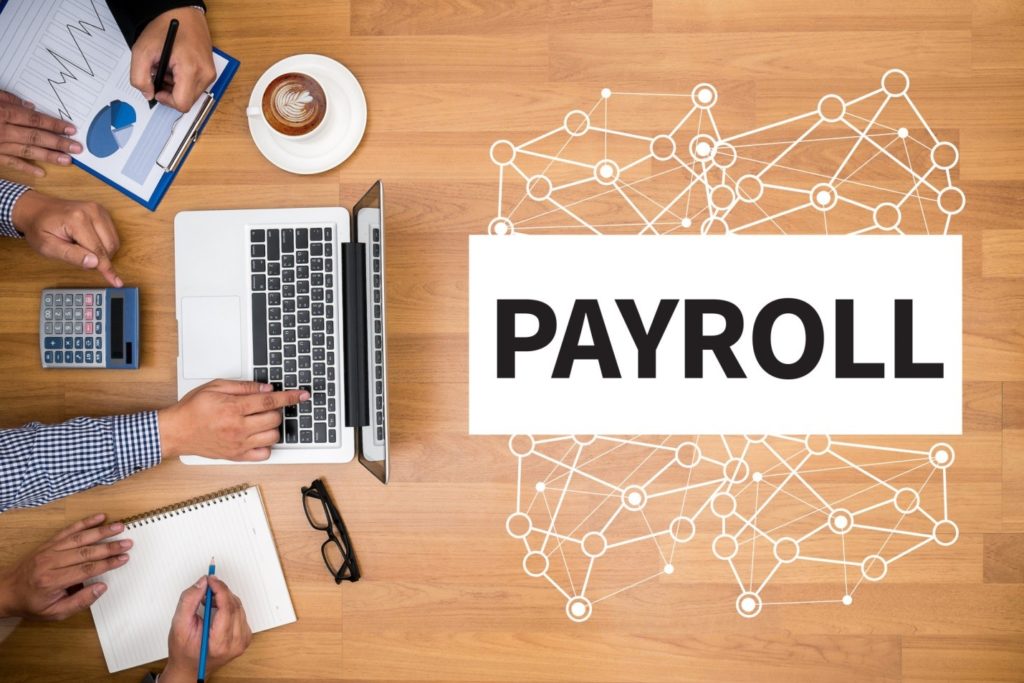It’s every business owner’s nightmare—it’s time to pay employees and there’s not enough cash to cover the expense.
You have a couple of choices to make. You can tell employees that you can’t pay them, causing them to panic and jump ship.
Or, you can turn to payroll funding for a quick shot of cash. This will ensure that you pay your employees, they don’t notice anything to panic about, and you get your cash flow back on track.
Keep reading to learn more about payroll funding and how you can use it when your business is in a financial bind.
What Is Payroll Funding?

One of the ways to finance payroll when you don’t have the funds available is to use payroll funding. If you can’t meet payroll because a customer hasn’t paid you yet, you may be able to use that invoice to get a cash advance.
Another term for payroll funding is payroll financing. Both refer to the act of selling invoices to a lender in exchange for funding.
The funding is usually used to make payroll and other expenses. It’s used by a variety of industries that have long payment cycles, such as healthcare, manufacturing, and staffing.
Challenges of Managing Cash Flow
Cash flow is the life of your business. Lack of cash flow is a sign that things aren’t working quite right. In most cases, this is an occasional thing.
Some industries have a long wait between providing services and getting paid. Your business may have a 90-day wait to get a large payment from a client. While you’re waiting for that money, you have vendors and employees to pay.
It’s common to have some cash flow issues. However, if you are experiencing cash flow issues often, you need to address deeper problems within your company.
You’ll want to reassess your expenditures and income. You may need to cut back on your expenses to make ends meet. Cash flow is the top reason why businesses fail, and you don’t want yours to be one of them.
How Does Payroll Funding Work?
Payroll funding works by finding a payroll financing lender to work with. You add up the amount of money you want to borrow and the total amount of outstanding invoices.
You submit them to a payroll company for approval. The payroll funding company will look at the credit history of your clients—whether they’ve paid bills on time in the past. If they have good standing, then you’re likely to get approved.
Payroll funding companies will give you an advance of 80-95% of the outstanding invoices. You then use the funds for payroll and other expenses.
When your client pays the invoice, you send the funds to the payroll funding company.
Benefits of Payroll Funding
Payroll funding has a number of positive benefits for your company.
First, you can grow your business faster.
Have you been holding off on hiring a new employee because you don’t know how to pay them?
You can hire another worker that can help you take on more clients and grow your business. They’ll be able to get paid on time through payroll financing.
Second, it improves your financial standing.
Unlike a capital loan, payroll financing doesn’t appear on your profit and loss statements. It is merely an advance on unpaid invoices, so you’re not putting the business credit at risk.
Payroll funding isn’t just for those moments when you’re short on cash. You can use it to pay off old bills, or set aside cash savings to improve your cash flow over the long term.
How to Choose a Payroll Funding Company
The most important decision isn’t whether to get payroll funding—it’s the partner you choose to work with.
The reason why is simple. Payroll funding companies will want to get paid by your clients as soon as possible. Some of them will even offer collections assistance to your company.
While that may seem like a good thing, you’re letting another company contact your customers. The relationships you have with your customers are critical to the health of your company.
If you work with a company that uses strong-arm tactics to collect on the invoices, you can lose your customers.
You want to know how the companies collect and handle your client relationships before you sign up for payroll funding.
You also want to know if they keep everything in-house or if they outsource any services to third parties. For example, a company may provide your company with funding, but they may outsource collections.
Ask the funding company what the lending limits are.
Of course, you want to find out about the experience of the funding company, too. They should have experience lending money and have a high number of satisfied clients.
Payroll Funding Can Give You Funds in an Emergency
When you don’t have the cash available to make payroll, it can feel like the worst thing ever.
Rather than stress about it and worry about making payroll, make payroll happen with payroll funding. This is a smart financial tool you can use by getting an advance on your outstanding invoices.
You get cash in an emergency, your employees get paid on time, and your business keeps running smoothly. It’s important to work with a payroll funding company that has a great reputation.
Do you want more financial tips? Head over to the home page for the latest financial news and money tips.
Author: Cathy Carter















